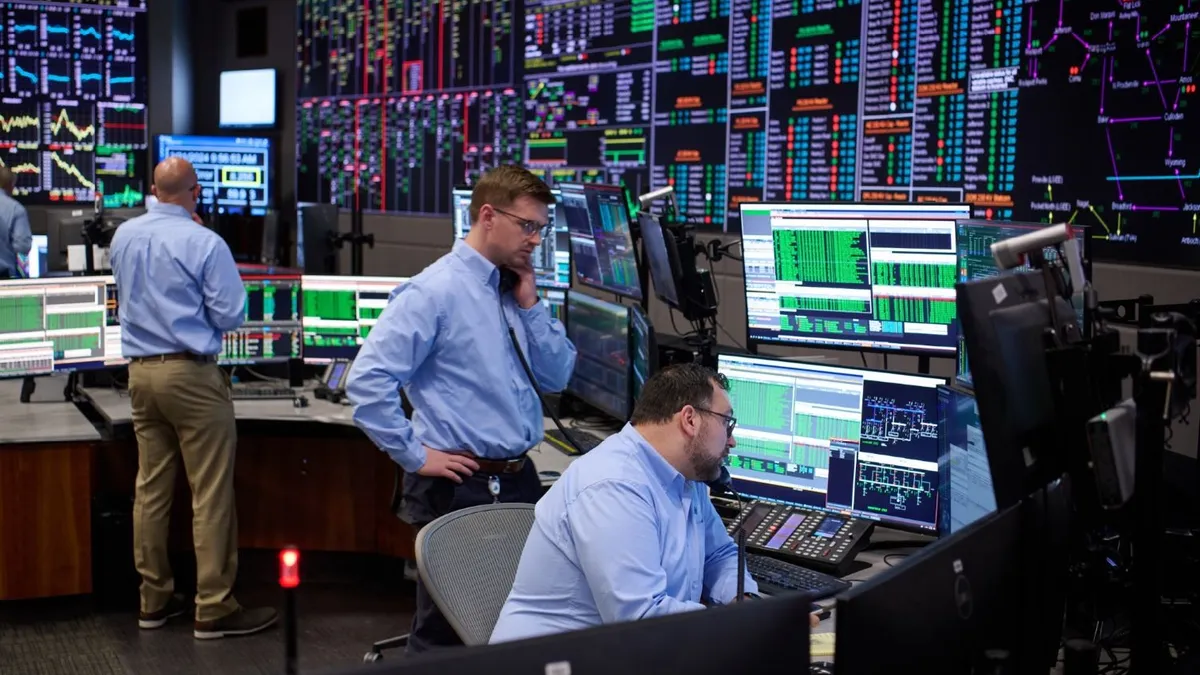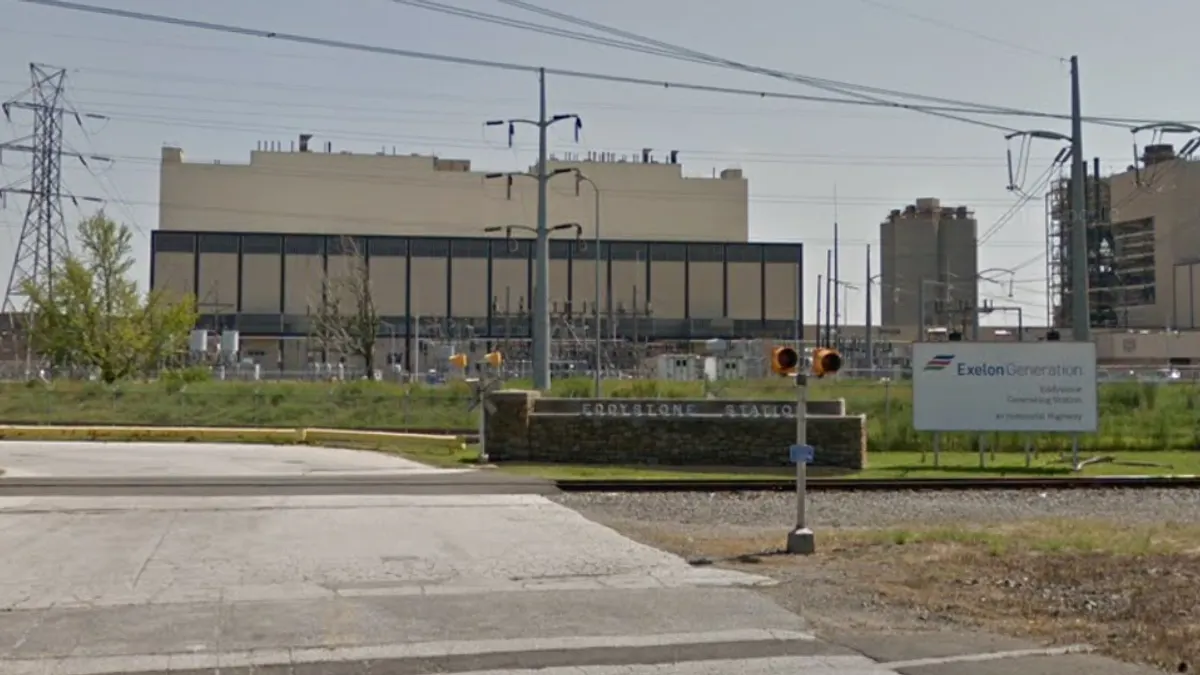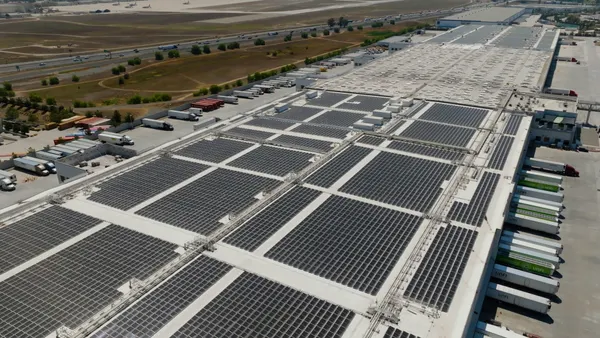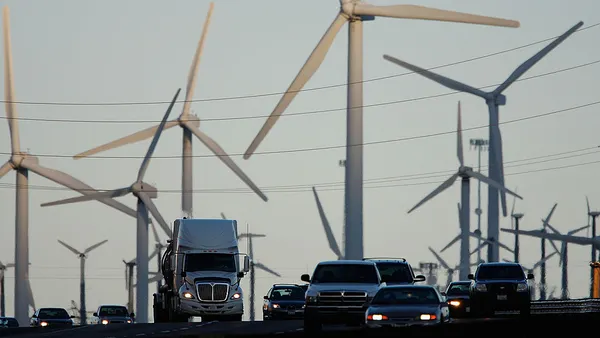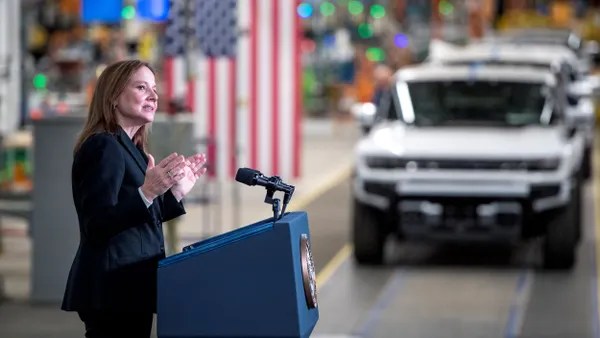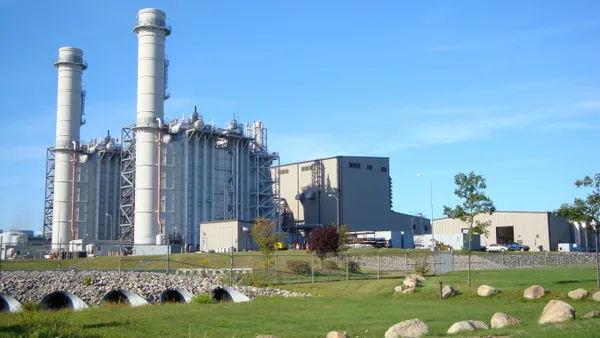Dive Brief:
- Rooftop installer and Tesla subsidiary SolarCity has agreed to pay $29.5 million to resolve allegations that it violated the False Claims Act by overstating the cost of facilities it developed and submitted claims for under the American Recovery and Reinvestment Act of 2009.
- As part of the settlement, SolarCity dropped a lawsuit of its own, which alleged the federal government owed it more money for the solar projects it installed.
- The program allowed renewable energy tax credits to be received as cash grants, in order to defray up to 30% of the installation costs of renewable infrastructure.
Dive Insight:
A $30 million settlement and a dispute with the federal government are not necessarily major events for SolarCity, but Bill Cunningham at Seeking Alpha outlines why investors may be wary.
"In isolation, this may not be of major concern to investors," wrote Cunningham, who disclosed he has a short position on the company. "However, there are other investigations into SolarCity that are currently occurring along with many consumer complaints."
Under Section 1603 of the American Recovery and Reinvestment Act, the U.S. Treasury paid a cash grant equal to 30% of the eligible cost basis to construct or acquire qualified solar energy systems placed in service before the end of 2017. Beginning in 2009, SolarCity submitted thousands of claims on behalf of itself and affiliated investment funds.
"The government alleged that SolarCity falsely overstated the cost bases of its solar energy properties in its certified Section 1603 claims to the Treasury and, as a result, SolarCity and its affiliated investment funds received inflated grant payments from the Treasury," the DOJ said in a statement announcing the settlement.
"The claims resolved by the settlement agreement are allegations only and there has been no determination of liability," DOJ noted.
The lawsuit dropped by SolarCity is Sequoia Pacific Solar I, LLC v. United States.
Tesla acquired SolarCity in 2016, but the allegations of misconduct occurred before that deal was completed.
Earlier this year, the U.S. Securities and Exchange Commission launched a probe into two major solar companies, including SolarCity, over whether they are adequately disclosing customer cancellation numbers.
According to the Wall Street Journal, cancellations rose as high as 40% this year at Sunrun, and about half the customers at SolarCity backed out of contracts before solar panels could be installed in 2016. For Sunrun, the number of cancellations led to diminished growth expectations, and Tesla disclosed in a report earlier this year it was ceasing door-to-door sales.




